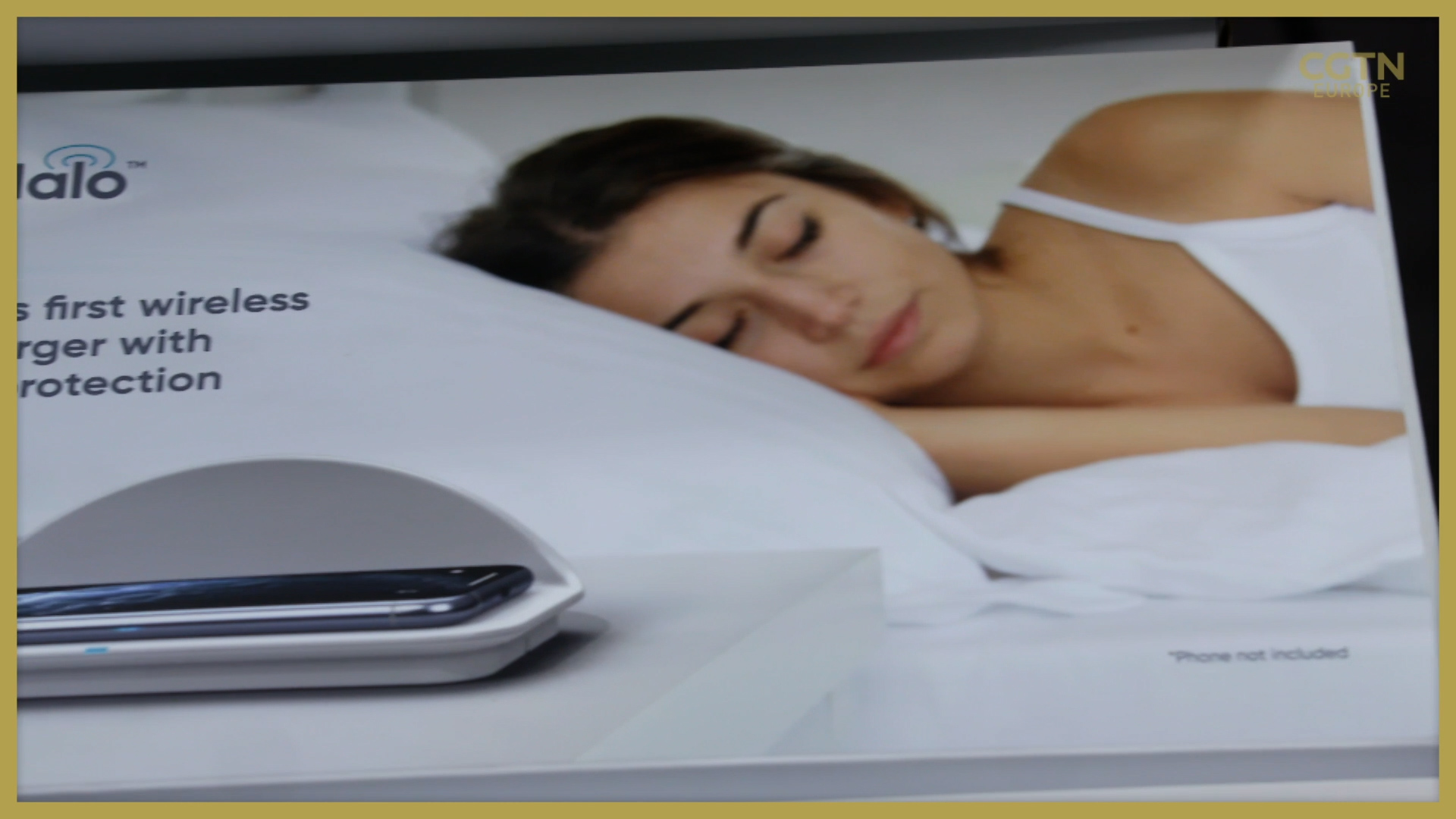How's your sleep these days? If you're not getting as much sleep as you want, you're not alone. Several studies suggest that a year into the pandemic many of us are finding it tougher to nod off.
That's a headache for many of us. But also an opportunity.
READ MORE:
Are we alone in the universe?
Shipping 'ready for key role in vaccine delivery'
French PM gets AstraZeneca vaccine
British entrepreneur Dave Clark has come up with a product called SleepHalo, a wireless phone charger for those worrying about their sleep. The aluminium-based charger is shaped to put a barrier between you and your phone at night.
"Every device emits some sort of radiation," says Clark. What impact that might have on sleep is hard to prove, so Clark is cautious on the topic.
"Our personal experience was that my wife was getting migraines and we tried every avenue to fix that other than moving our phones away from our bed," he says. "And when we did that, the migraines stopped."
Clark looked for a product he could put his phone in, instead of having to remove it from the room, but could not find any. So he made one himself. SleepHalo is the result.
The world has often looked rather sleepy these past 12 months, with the coronavirus keeping streets deserted and so many of us indoors in many countries across the world.
But the signs are that, on average, we may actually be sleeping less as a result.
02:50

The recent International COVID-19 Sleep Study, which includes research from Oxford University, suggests a correlation between insomnia and confinement during the pandemic. And less than half of those surveyed by the British Sleep Society said they'd been sleeping restfully over the same period.
We are also staring at screens more often, which is something The Sleep Charity says people should try to manage better.
"We try to advise people to move themselves away from tech during the evening because it can be stimulating," says The Sleep Charity's Vicki Dawson.
"And we've seen people having to turn their bedrooms into offices. What we want is the association between bedroom, relaxation, rest – that's really important."
That's easier for some than others. The science of sleep has caught the attention of some of the most successful people on the planet in recent years.
Amazon founder Jeff Bezos, for example, has spoken publicly about ensuring he gets eight hours a night whenever he can. One suspects Bezos may have access to a spare room for his home office, though.
Many of us have more time, more worries, and less space to air them. Our sleep may be suffering as a result.

